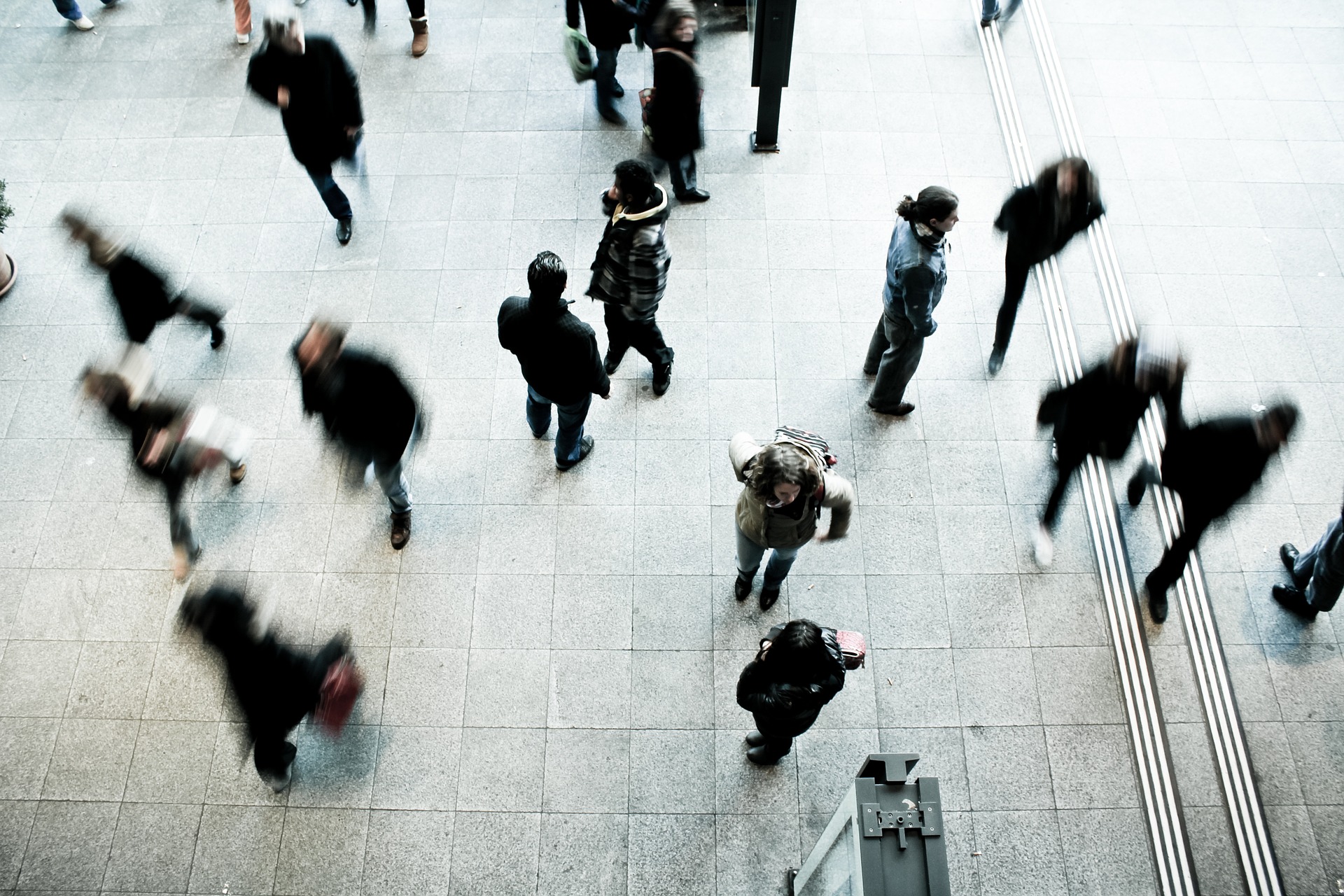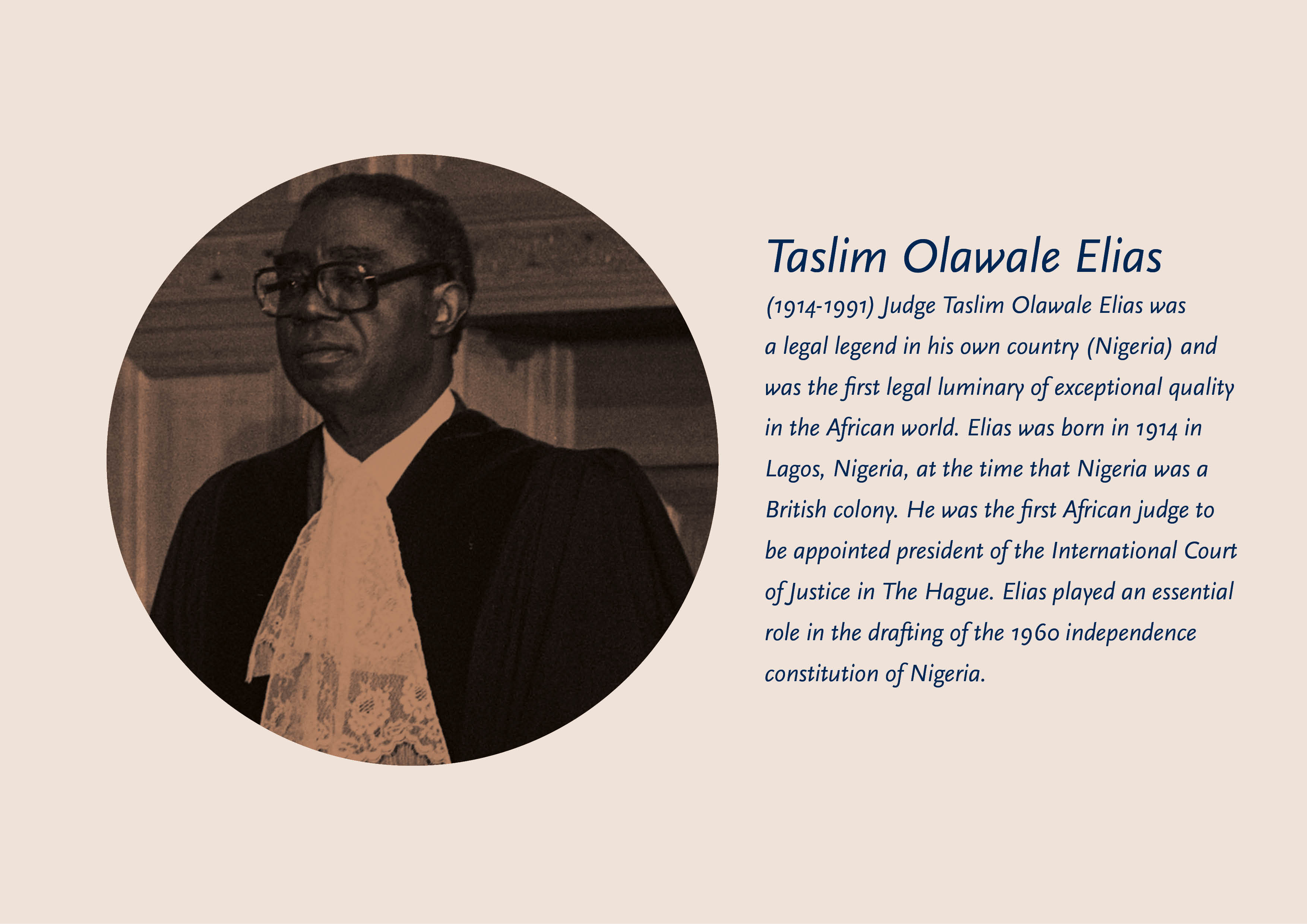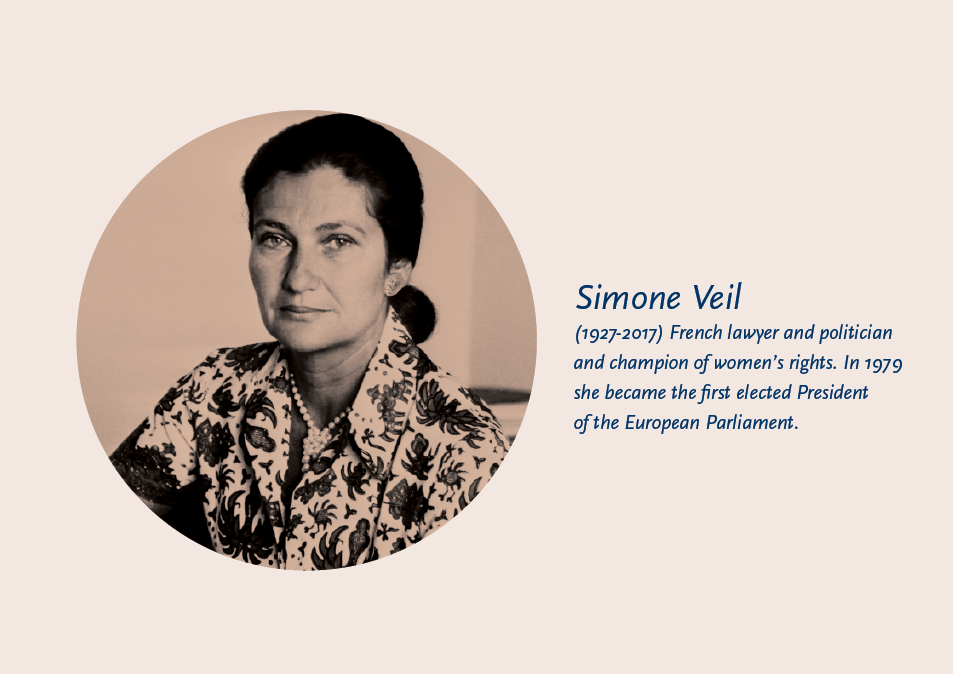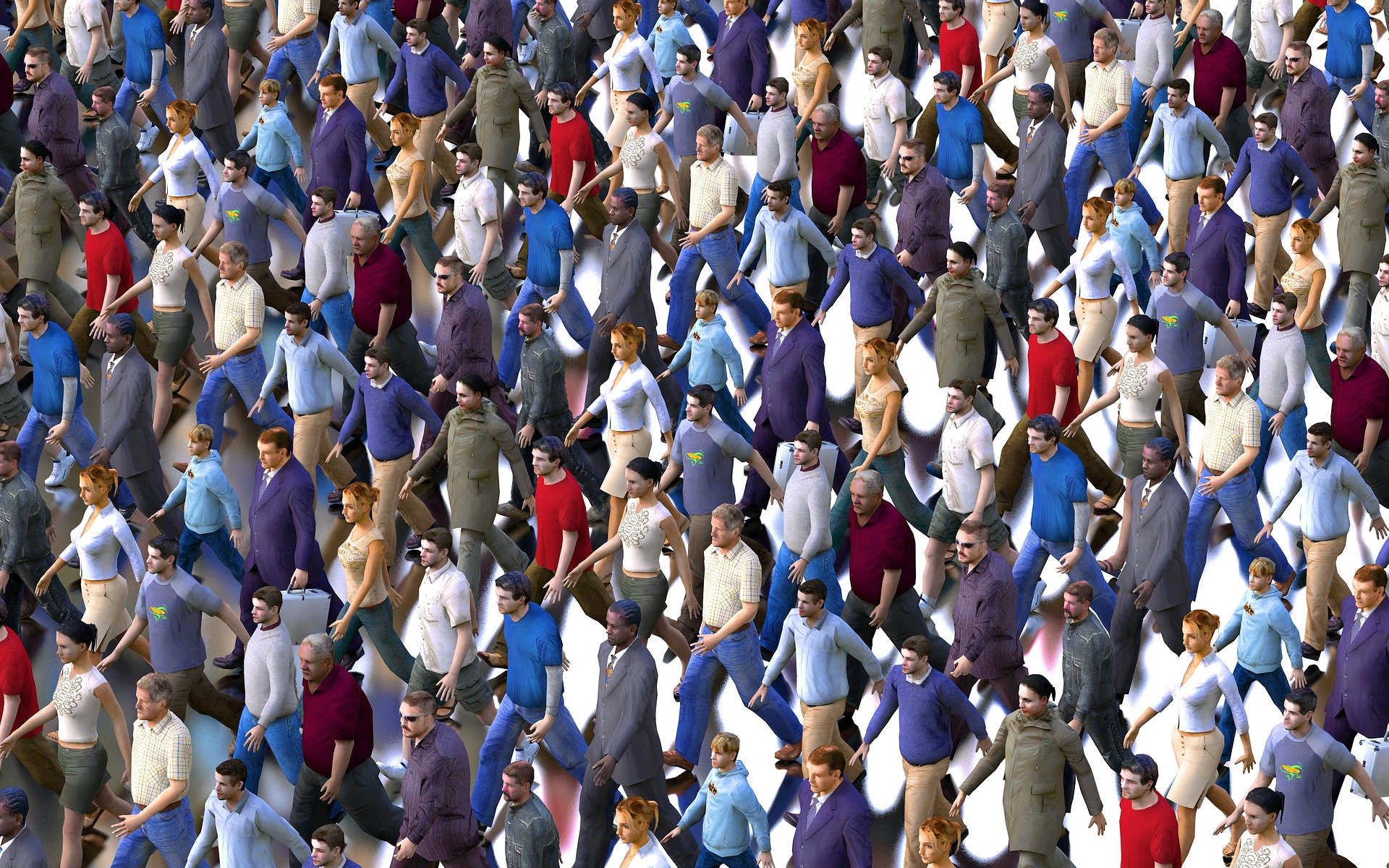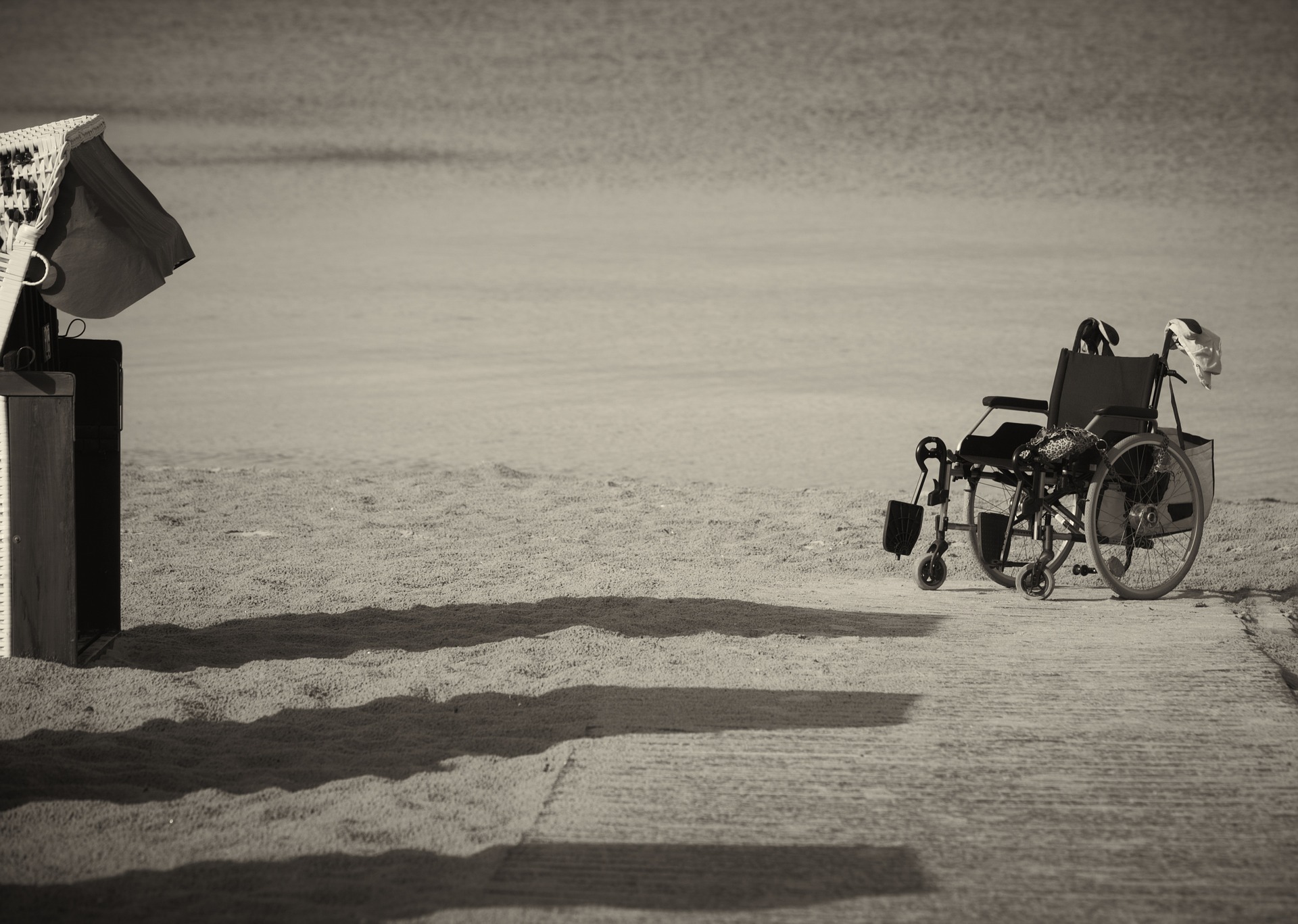Latest blog articles
-
In the fall of last year, the Dutch Raad voor Cultuur has issued an advice on how the Dutch government and Dutch museums (and the broader public in the Netherlands in general) should deal with the continuing presence of colonial-era heritage in Dutch museum collections. The report constitutes a...
-
On the 29 and 30 of October 2020 the Academy of European Law hosted an online conference on the recent developments in the European Law of Civil Procedure. Over these two days different speakers presented on new developments with regards to key legal instruments such as the Brussels I (recast)...
-
It is most appropriate that a classroom in our Faculty of Law at University Maastricht has been named after someone who was a legal legend in his own country (Nigeria) and was the first legal luminary of exceptional quality in the African world: Judge Taslim Olawale Elias.
-
“Those who can make you believe absurdities; can make you commit atrocities” (Voltaire). When reading about the Holocaust or the Rwandan genocide it is difficult to understand how such events could ever have taken place. How can a society turn on a particular group and send them to death camps? How...
-
On 15 October, the Swedish Consumer Agency, its Scientific Council and Maastricht University (in particular the Law & Tech Lab) hosted the webinar 'Consumers and businesses in digital markets – An unequal relationship?’, focused on bringing together the perspectives of national consumer authorities...
-
Simone Veil passed away on 30 June 2017, just two weeks shy of her 90th birthday. The fact that her funeral was a national ceremony at the Hȏtel des Invalides, and that her remains have been interred in the Panthéon - as one of the four women who have been bestowed with this honour because of their...
-
How do we guarantee access to COVID-19 vaccines and therapies, and secure health-related human rights for all? We’ve heard a string of promises in the race for new vaccines and therapies.
-
The Corona Virus crisis has led many people to reflect on aspects of citizenship and civil rights, ranging from personal privacy in the context of “corona apps” to the right to receive health care and medical treatment without discrimination. This blog examines two elements of citizenship which, in...
-
It’s been almost a month since the COVID-19 pandemic has drastically changed the way we live and work. Now that we are more used to, in a manner of speaking, the extraordinary measures to curtail the rampant spread of the virus, it’s time to seriously consider, and openly discuss, this crisis’...
-
It is a tough time for everyone during this current pandemic, but increasing reports worldwide indicate that marginalised groups, including people with disabilities, are suffering even more due to structural discrimination. When governments fail to secure the survival and dignity of people with...

